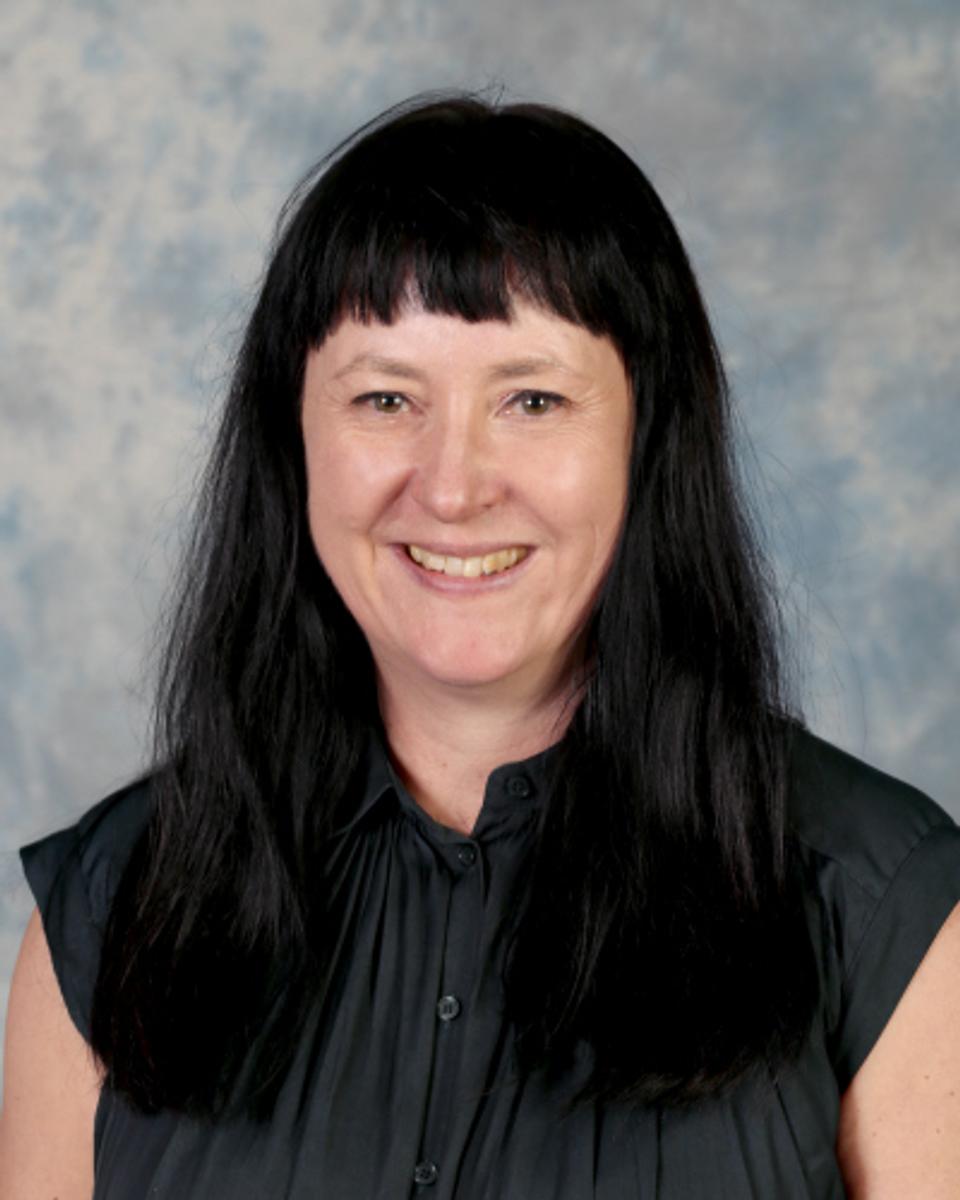Deputy Principal Teaching and Learning Report

Feedback is a focus area for Nazareth College as a learning community this year. The research clearly indicates that good feedback enhances learning. Feedback enhances student academic learning and teacher professional learning.
When people are learning something new, they must get some information which tells them whether or not they are doing the right thing. There are a myriad of ways that feedback can be provided. Teachers at Nazareth are exploring many different ideas. Below are five research-based tips from an article by Marianne Stenger, published in Edutopia, for providing feedback to students that will increase motivation, build on existing knowledge and help them reflect on what they have learned.
1. BE AS SPECIFIC AS POSSIBLE
In a review of the available research titled “The Power of Feedback,” University of Auckland professors Helen Timperley and John Hattie highlight the importance of supplying learners with specific information about what they are doing right or wrong.
Nazareth College teachers are undertaking professional learning on immediate and effective ways of providing high quality feedback to students.
2. THE SOONER THE BETTER
Numerous studies indicate that feedback is most effective when it is given immediately, rather than a few days, weeks, or months down the line. Of course, it’s not always possible to provide students with feedback right on the spot, but sooner is definitely better than later.
At Nazareth College, students receive feedback on assessment tasks through the Learning Management System, SIMON. Parents can access this information on PAM. We refer to this as continuous reporting.
3. ADDRESS THE LEARNER’S ADVANCEMENT TOWARD A GOAL
Timperley and Hattie note that effective feedback is most often oriented around a specific achievement that students are (or should be) working toward. When giving feedback, it should be clear to students how the information they are receiving will help them progress toward their final goal.
Recently our students uploaded their learning goals on SIMON and then engaged in a learning conversation with their Pastoral teacher and parents. In class, teachers will then ask students to set goals for their particular subject.
4. PRESENT FEEDBACK CAREFULLY
The way feedback is presented can have an impact on how it is received, which means that sometimes even the most well-meaning feedback can come across the wrong way and reduce a learner’s motivation.
To avoid these situations, we must fully explain the purpose of any monitoring, and ensuring that learners understand how the feedback is meant to help them compete against their own personal bests rather than each other.
5. INVOLVE LEARNERS IN THE PROCESS
The importance of involving learners in the process of collecting and analysing performance-based data cannot be understated. Students should be given access to information about their performance. At the broadest level, students need to know if they actually have mastered the material or not. Giving them information about the ways they are studying, reading, searching for information, or answering questions can be invaluable. When students have access to this information, they develop an awareness of their learning, and are more easily able to recognise mistakes and eventually develop strategies for tackling weak points themselves.
The Learning Awareness Program at Year 7 and 8 for Maths and English has an underlying philosophy of asking students to make their own decisions about their learning, based on the information they have about their performance from their teacher. These learning conversations rely on students knowing and understanding the feedback they have received.
Nazareth College teachers will be engaged in Professional Learning about Formative Assessment and Feedback on Tuesday 9 March, to further enhance our ability to give students meaningful feedback.
Reference
https://www.edutopia.org/blog/tips-providing-students-meaningful-feedback-marianne-stenger
Ms Claire Nailon
Deputy Principal Teaching & Learning

